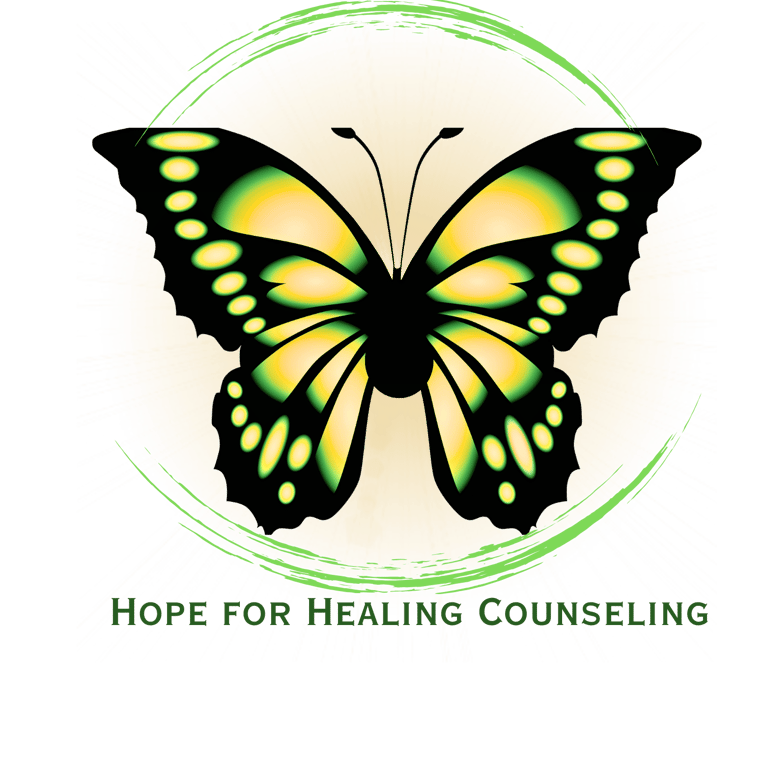Compassionate support and guidance for women navigating the complex challenges of Infertility, PMDD, Postpartum Depression, and issues surrounding self-esteem and confidence.
Support for Women's Issues and Self Esteem
Navigating the complexities of life can often feel overwhelming, especially when facing challenges such as infertility, pre-menstrual dysphoric disorder, and postpartum depression. These issues impact not only emotional well-being but also self-confidence and self-esteem.
Balancing family responsibilities with work roles adds another layer of difficulty, making it essential to prioritize mental health
and seek support. Engaging in open conversations about these topics can foster understanding and connection.
It's crucial to recognize that these challenges do not define us;
rather, they are part of a larger journey toward healing and growth.
By accessing resources, professional guidance, and community support, individuals can develop stronger coping strategies,
ultimately empowering them to manage their well-being more effectively.
Together, we can promote resilience and hope in the face of adversity.
Premenstrual Dysphoric Disorder (PMDD)
is a severe form of premenstrual syndrome (PMS) that can cause substantial emotional, physical, and cognitive distress, significantly impairing daily functioning. Symptoms typically emerge 7 to 10 days prior to menstruation and subside within a few days after menstruation begins.
Infertility
has a profound impact on mental health, with many women experiencing heightened levels of stress, anxiety, depression, and grief. It can also lead to feelings of shame, guilt, and diminished self-esteem, creating a heavy emotional toll. Below is a more detailed exploration of the mental health challenges associated with infertility in women:
Common Symptoms of PMDD
Mental Health Challenges Linked to Infertility
Emotional Symptoms:
Severe mood swings, including depression, anxiety, irritability, and anger.
Feelings of hopelessness or worthlessness.
Increased sensitivity to rejection.
Panic attacks.
Physical Symptoms:
Bloating and breast tenderness.
Cramping, headaches, and joint or muscle pain.
Persistent fatigue.
Cognitive Symptoms:
Difficulty with concentration, forgetfulness, and confusion.
Trouble making decisions.
Behavioral Symptoms:
Irritability or unexpected outbursts of anger.
Social withdrawal and loss of interest in activities or work.
Changes in eating habits, such as overeating or binge eating.
Other Potential Symptoms:
Suicidal thoughts or ideation.
Agitation and sleep disturbances.
Skin problems (e.g., acne or breakouts).
Weight gain.
Stress and Anxiety:
The process of trying to conceive, undergoing treatments, and managing the uncertainty of outcomes often results in significant emotional stress and anxiety.
Depression:
Infertility may trigger or worsen depressive symptoms, with research indicating a higher prevalence of depression among women experiencing infertility compared to those who are fertile.
Grief and Loss:
The inability to conceive naturally can evoke deep feelings of grief and loss, often likened to the mourning experienced after the death of a loved one.
Shame, Guilt, and Low Self-Esteem:
Many women struggle with feelings of inadequacy, shame, or guilt related to their infertility, often leading to a decline in self- worth and confidence.
Relationship Strain:
Infertility can place significant stress on relationships, as both partners may face frustration, emotional exhaustion, and difficulties in expressing their feelings effectively.
Hopelessness and Isolation:
The prolonged struggle with infertility can lead to feelings of hopelessness and social isolation.
Irritability and Anger:
The emotional toll of infertility can manifest as irritability and anger.
PMDD is a serious condition that requires thoughtful attention and care. Early recognition and a personalized treatment approach can help manage symptoms and improve overall quality of life.
PMDD can cause mental health symptoms to worsen such as increased depressive symptoms, heightened anxiety, increased irritability with aggressive tendencies.
Navigating infertility can be an incredibly challenging and emotional experience for many women.
The journey toward fulfilling your dream of parenthood often comes with the painful reminder of unsuccessful attempts to conceive, which can feel demoralizing and emotionally exhausting.
Feelings of hopelessness and frustration are natural responses to such a deeply personal struggle.
You may also be facing the heartache of pregnancy loss or miscarriage, which can further intensify feelings of grief and uncertainty. Your path to parenthood is as unique as you are, and it’s not uncommon to feel isolated, even when surrounded by a loving partner or support system. It can be difficult for others to fully understand the emotional toll of infertility unless they have experienced it themselves.
Supportive counseling offers a safe, compassionate space where you can express your emotions openly and without judgment. Through thoughtful guidance and understanding, you can process your experience, find emotional relief, and regain a sense of hope and empowerment on your journey toward parenthood.




